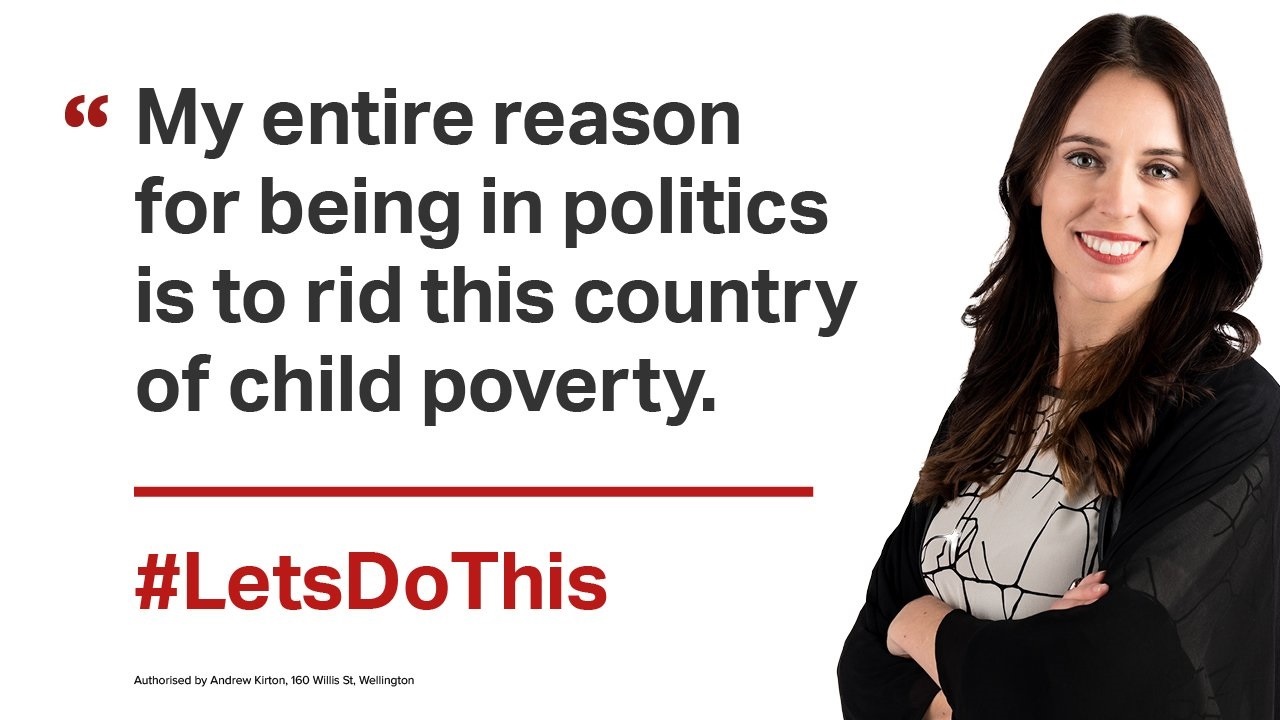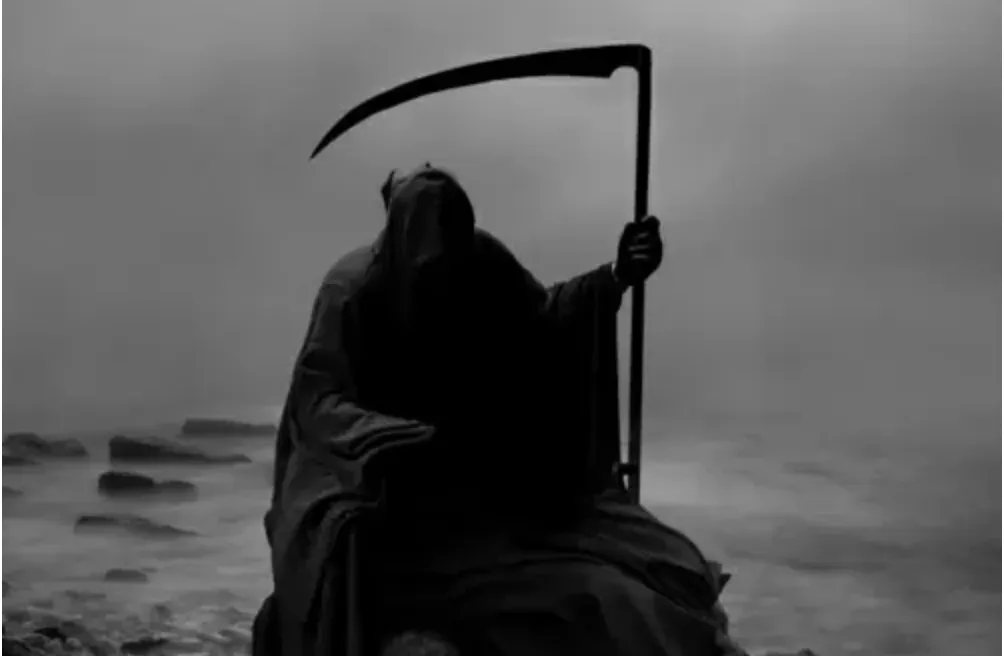Table of Contents
Alex Davis
theemperorsrobes.blogspot.com
When the government compelled New Zealand into lockdown on March 24th most New Zealanders, desperate for any kind of decisive action, were relieved. Whether you believe the government’s decision to lock down the country was justified (I argue here and here it was not), the unintended consequences of even a short lockdown, in terms of deaths, illness and economic damage, are piling up at a truly frightening rate.
First, there is strong evidence accumulating overseas that lockdowns have caused an immediate and dramatic spike in deaths, not from COVID-19 but from other causes such as suicide and delayed emergency admissions. In the UK, a report based on NHS data found that there are an additional 2,000 deaths per week caused by the COVID-19 lockdown rather than the virus itself. The government here is not reporting similar data for New Zealand but if we proportionately apply the UK findings to New Zealand on a per capita basis, New Zealand’s lockdown is likely to have caused an additional 147 deaths per week. Over the course of the lockdown since March 24th that amounts to an estimated 735 additional deaths due to the lockdown, not COVID-19 itself. It is worth remembering that as of 2nd May 2020, New Zealand’s toll of those who died with (with not from, an important distinction) COVID-19 stands at 20. So for every 1 Covid death, the lockdowns have likely caused an additional 36 “collateral deaths.”
Second, due to delays in testing and treatment, we can expect to see a serious short to mid-term impact on death rates from diseases such as cancer. Professor Karol Sikora, Chief Medical Officer, Rutherford Cancer Centres in the UK states:
In a usual April, we would normally see around 30,000 people diagnosed with cancer. I would be surprised if that number reaches 5,000 this month.
Coronavirus will steal the headlines, but cancer kills 450 people a day in the UK – there is no peak and the numbers aren’t coming down. Unless we act urgently, that number will rise. A group of oncologists, including myself, estimate that 60,000 cancer patients could die because of a lack of treatment or diagnosis.
University of California clinical epidemiology professor Harry Hemingway has released a study estimating that in the next year alone the UK would see between 35,000 and 70,000 excess deaths caused by even a short lockdown but not by COVID-19 itself. This was mirrored by other experts, expecting an additional 50,000 deaths from cancer alone. In New Zealand, this would equate to between 2,700 and 5,400 excess deaths in the next 12 months due to the impact of the lockdown.
Third, longer-term we can expect a significant increase in rates of mental illness and depression. A study from the US forecast a 32% increase in rates of suicide due to COVID-19. Another study indicated suicides rates could be twice as high. Data from the UK show suicides there are already up 25%. In 2019, 685 New Zealanders committed suicide, even a 20% increase would result in an additional 137 deaths. It’s worth noting that calls to mental health lines in New Zealand have doubled already.
Looking further out still, increased rates of unemployment are strongly correlated with long term adverse health and wellbeing outcomes. University of California researchers found that past surges in joblessness led to unemployed workers losing, on average, a year and a half of lifespan and that for every 1% rise in unemployment there is a 1% increase in the rate of suicide. Treasury forecasts unemployment to at least double in New Zealand.
Added up, the government’s decision to lock down New Zealand is likely to result in the deaths of thousands and potentially tens of thousands of New Zealanders over time. These deaths won’t make the front page in the way COVID-19 deaths have, but they will be due to the government’s decision to lock down the country and they all will be someone’s brother, sister, mother or father, daughter or son.
Finally, it’s worth mentioning that, at a purely economic level, the New Zealand government is accumulating debt at a staggering rate: some $12B in direct government spending has already been committed with significantly more to come. Our debt to GDP ratio is expected to reach 50%. This debt has to be repaid. Repayment can only occur through a) reducing government spending (fewer hospitals and schools) or b) higher taxes (less money in your pocket and the economy) or c) printing money (resulting in inflation – a hidden tax that increases the cost of everything and is particularly damaging to those on fixed incomes such as the elderly). Unequivocally, New Zealanders will be worse off for decades to come. This will flow through to reduced quality of life (poorer healthcare, lower quality government services, fewer jobs and business opportunities etc) which in turn is likely to increase death rates from virtually all causes.
It is axiomatic that these impacts will disproportionately affect the poorest and most vulnerable in our society as these individuals typically have fewer resources and lower levels of education, are more vulnerable to unemployment and struggle to access support services. As Dr Jay Bhattacharya, Stanford University Health Policy Researcher states: “economic depressions are deadly for people, poor people especially.”

As an aside, it seems incongruous that Jacinda Ardern, who declared that she entered politics for one reason, “child poverty”, should preside over what is likely to be the largest expansion in child poverty in New Zealand’s history. It is also worth wondering at what point the Labour Party’s rank and file will realise that they and the constituents they represent will disproportionately bear the brunt of the government’s decision to lock the country down.
Why then did the government act in this way? One reason is a cognitive bias humans demonstrate called the “identifiable victim effect.” People prefer to offer aid to a specific, known victim rather than provide the same benefit to each of a larger, vaguely defined set of individuals. Joseph Stalin (leader of socialist Russia and responsible for some 20,000,000 deaths) summarised it thus: “a single death is a tragedy; a million deaths is just a statistic.”
Interestingly, individuals who display high levels of empathy are particularly vulnerable to the impact of the identifiable victim bias. Politicians are also particularly susceptible (or worse, play to) this bias because they actually benefit from responding to the public’s concerns to help immediate, obvious victims and garner little attention for assisting hidden or time-delayed victims.
There will no doubt be those who argue that if the government had not imposed the lockdown, far more people would have died. There is not enough space in this article to respond to this argument (although I have here) other than to note that the New Zealand COVID-19 mortality models like those offshore have been heavily discredited.
The New Zealand government relied heavily on modelling from the University of Otago’s COVID-19 Research Group which forecast between 8,560 and 14,400 COVID-19 deaths in New Zealand. The University of Auckland’s Te Panaha Matatini Data Intelligence Group went far further, proclaiming COVID-19 could cause up to 80,000 deaths in New Zealand. Time has now proved both models to be wildly exaggerated. As of May 2nd New Zealand has 20 deaths. The USA, the world’s COVID-19 hotspot, with a population 68 times that of New Zealand has 65,776 COVID-19 attributable deaths. It is simply not creditable that New Zealand would ever have had the level of mortality the Universities of Otago and Auckland models suggested. Both reports were heavily criticised by New Zealand economist Ian Harrison (who has worked for the Reserve Bank of New Zealand, the World Bank, the International Monetary Fund and the Bank for International Settlements and specialises in risk modelling). Harrison demolished the fundamental research on which the government relied for compelling the country into lockdown, stating that “the model results grossly overstated the number of deaths [and the] OCRG assumption is almost incomprehensible, unless there was a deliberate attempt to blow up the numbers”. Harrison’s report is well worth a read and is found here.
Finally, moving beyond New Zealand, research compiled by Oxfam has warned that up to 500,000,000 globally could be forced into poverty due to the world’s response to COVID-19. This increase in poverty will lead directly to increased rates of malnutrition, infant mortality, disease and ultimately reduced life expectancy. These effects will be overwhelmingly borne by the poorest people in the world. Women, in particular, will be badly affected. Oxfam states that:
Women are on the front line of the response to COVID-19 and are likely to be hardest hit financially. Women make up 70 percent of health workers globally and provide 75 percent of unpaid care, looking after children, the sick and the elderly. Women are also more likely to be employed in poorly paid precarious jobs that are most at risk. More than one million Bangladeshi garment workers –80 per cent of whom are women– have already been laid off or sent home without pay after orders from western clothing brands were cancelled or suspended.
Likewise, children in the developing world are at increased risk of death due to the effective suspension of global vaccination programs for polio, measles and other infectious diseases while the world concentrates on COVID-19. In this sense, developed world governments have decided to save the lives of old, primarily wealthy, almost universally already ill, white people in the developed world by sacrificing the lives of young, poor, otherwise healthy brown people in the developing world. Again, this seems inconsistent with the Prime Minister’s philosophy of supporting women and her stated goals of poverty reduction.
Despite the government’s triumphal tone about COVID-19, the reality (for those who choose to acknowledge it) is that every decision comes with unintended consequences. Sometime in the near future, in the cold light of day, New Zealanders will come to realise that there have been fatal consequences from this government’s decisions. As French author Albert Camus wrote, “the evil that is in the world almost always comes of ignorance, and good intentions may do as much harm as malevolence if they lack understanding.”
If you enjoyed this BFD article please consider sharing it with your friends.









